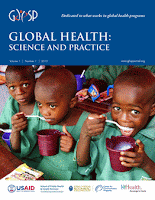There's a session of instant interest to me as it refers to Peter Gärdenfors' work on conceptual spaces -
Session 1: Information and Space
Spacification: How to design and construct spaces
that can enhance artistic experiences
Ambjörn Naeve (KTH, Sweden) and Carl Smith (London Metropolitan University, UK)
Spacification: How to design and construct spaces
that can enhance artistic experiences
Ambjörn Naeve (KTH, Sweden) and Carl Smith (London Metropolitan University, UK)
Naeve and Smith provide a further reference:
A (conceptual) model is a description of the most important concepts and their respective relationships within a certain domain of interest. Whatever domain of interest that you focus on, your model will consist of (conceptually simplified) parts that interact with each other in some way. This leads to three different types of models:As we will see, these modeling types can often be mixed into a single model, and then these different types should be thought of more as “aspects” or “perspectives” of the model.
- The static model describes WHAT the (most important) parts are about.
- The dynamic model describes HOW these parts interact with each other.
- The intentional model describes WHY they display this behavior.
Ref: Ambjörn Naeve. 2011-01-31. A Modeling Primary on Methods and Techniques for Communicative Modeling and Disagreement Management. European Commission Seventh Framework Project (IST-257822).











